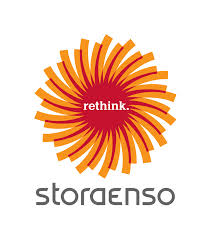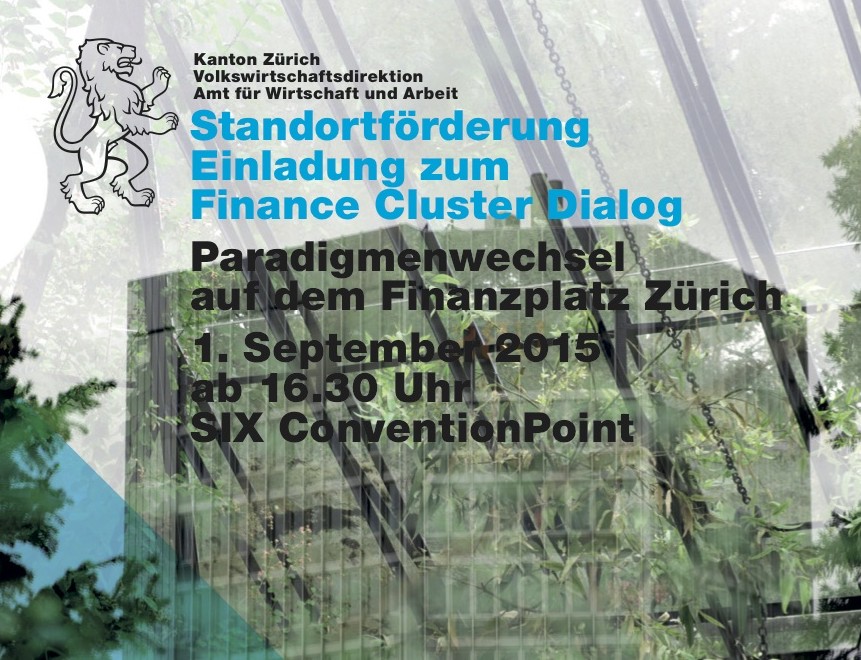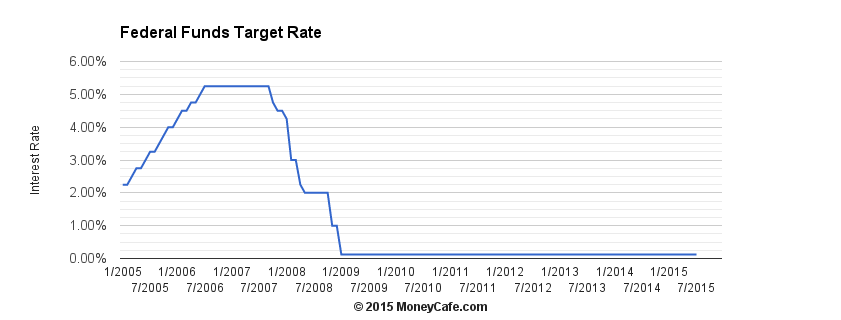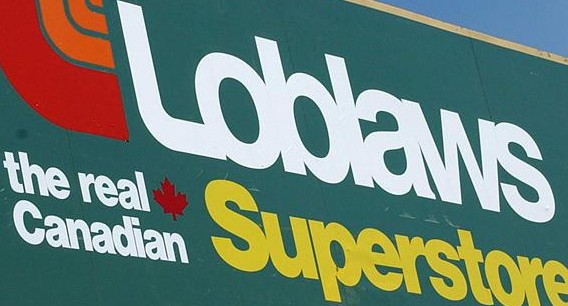Helsinki, 2015 May 11
Wood ist always wood but the quality of its origin and end-products is the main matter. In Finland is this living tradition.
The Nordic Hysteria is the Finnish ecological design company that takes manufacture production back to urban environment. Its facilities are to be searched and found in the centre neighborhood of the city. For Its designers and for everyone who works at the Nordic Hysteria are offered the best « opened views » by designing and manufacturing of the products.
Ecological production
Manufacturing in an urban environment demands zero landfill waste and further more, it minimises waste all together. The commuting costs and the ecological impact are reduced to the mostly necessary.
an urban environment demands zero landfill waste and further more, it minimises waste all together. The commuting costs and the ecological impact are reduced to the mostly necessary.
Revers ergonomics – Adapting the machines to people
The Nordic Hysteria adapts the machines to people and not vice-versa. By using specifically created tools and machines the company provides less noise, needs less production space, and it reduces significant the many pollution’s sources.
Sustainably designing
The well known designer Tepio Antilla based in Lahti Finland is particularly interested in wood and working it by modern shapes, with a special dedication to the Nordic traditions. Tepio Antilla designs furniture of functional features for home and public environment.
Production committed to « cradle to cradle »
Nordic Hysteria fousses on smallest possible ecological footprint, and « a fresh three-dimensional form language » in design and wood processing. The company minimises the use of material by using high-yielding birch veneer from sustainable Finish wood sources.
The manufacturing process produces no landfill waste, uses consistently much less energy as conventional processes, regularly required by traditional form pressing.
The company creates and manufactures clean and simply shaped lighting and accessories from sustainable materials, and developed technologies that represents a modern take on design and use of raw materials.
The lifecycle of company’s products is a « cradle to cradle » sustainable journey. They can be easily disassembled, and re-used or recycled back to energy.
The products offered by Nordic Hysteria are contract quality, and used in hotels and restaurants, as well as in homes.
Conclusion: The Nordic Hysteria ethical values are living in its products: sustainable design, ecological urban manufacture, functional ergonomics for employees, and fully recycling processing.
Green Good Design award
Finnish ecological design company Nordic Hysteria’s product and manufacturing concept has won on May 7, 2015 the annual international Green Good Design award.
Green Good Design is the most widely recognised design award for promoting ecological production and green technologies. The award also aims at restauring worldwide environments and improving quality of life. The competition is organised by The Chicago Athenaeum: Museum of Architecture and Design, European Centre for Architecture Art Design, and Urban Studies.
« Consumer Product design, architecture, and urban planning projects from 24 countries top this year’s list as « The Green 100. »
This year’s winners of the Green GOOD DESIGN Awards, from a new campus plan in Egypt to a farming kindergarten in Vietnam, are redefining our future and proving that design can be a force for positive social change.
Under the banner, « Build a Better World Now, » hundreds of submissions were received this year by the world’s most prestigious architecture and design firms and manufactures for the annual awards for the best new and innovative green design. »
Source:
www.nordichysteria.fi
www.chi-athenaeum.org
 Seit Mitte 2014 hat der Ölpreis (gemessen in USD) mehr als 70% seines Wertes eingebüsst, vom Höchstpreis Mitte 2008 gar um 78%. Gründe für den sehr tiefen Ölpreis sind primär dreierlei.
Seit Mitte 2014 hat der Ölpreis (gemessen in USD) mehr als 70% seines Wertes eingebüsst, vom Höchstpreis Mitte 2008 gar um 78%. Gründe für den sehr tiefen Ölpreis sind primär dreierlei.
 Stora Enso’s
Stora Enso’s


 Loblaw announced that its house–brand cosmetics and household products will no longer contain three controversial ingredients: triclosan, phthalates or micro bead. It will happened by the end of 2018. The company admits that the increasing scientific evidence around the world that indicate these ingredients could be harmful to human health and the environment. and therefore move on bannig the controversial ingredients. Canada’s largest food retailer pledged to phase out these ingredients from products sold under their Life and President’s Choice brands.
Loblaw announced that its house–brand cosmetics and household products will no longer contain three controversial ingredients: triclosan, phthalates or micro bead. It will happened by the end of 2018. The company admits that the increasing scientific evidence around the world that indicate these ingredients could be harmful to human health and the environment. and therefore move on bannig the controversial ingredients. Canada’s largest food retailer pledged to phase out these ingredients from products sold under their Life and President’s Choice brands. Das Genossenschaftsunternehmen Fenaco konnte an der Jahresmedienkonferenz auf ein erfolgreiches Jahr 2014 zurückblicken. Umsatz und Betriebsgewinn konnten wieder gesteigert werden.
Das Genossenschaftsunternehmen Fenaco konnte an der Jahresmedienkonferenz auf ein erfolgreiches Jahr 2014 zurückblicken. Umsatz und Betriebsgewinn konnten wieder gesteigert werden. Sharp Corporation has always enjoyed a high reputation for the quality of its products. Once the successfully Osaka-based company hurts Kansai region and falls on hard times. The company is considering reducing its capital substantially to put itself into the tax category of “small- and medium-size companies” to ease its tax burden.
Sharp Corporation has always enjoyed a high reputation for the quality of its products. Once the successfully Osaka-based company hurts Kansai region and falls on hard times. The company is considering reducing its capital substantially to put itself into the tax category of “small- and medium-size companies” to ease its tax burden. an urban environment demands zero landfill waste and further more, it minimises waste all together. The commuting costs and the ecological impact are reduced to the mostly necessary.
an urban environment demands zero landfill waste and further more, it minimises waste all together. The commuting costs and the ecological impact are reduced to the mostly necessary. Mit dem gigantischen Kaufprogramm der Europäischen Zentralbank (EZB) von monatlich 60 Milliarden Euro an Anleihen von Staaten und europäischen Institutionen im Zeitraum März 2015 bis September 2016 möchte die EZB die deflationären Tendenzen bekämpfen und die Konjunktur ankurbeln. Das noch ungelöste Griechenlandproblem trug bisher ebenfalls für den Euro negativ zu Buche. Der schwache Euro ist seitens der Euro-Zone willkommen und zeitigt auch bereits erste Früchte bezüglich sich verbessernder Wirtschaftsaussichten.
Mit dem gigantischen Kaufprogramm der Europäischen Zentralbank (EZB) von monatlich 60 Milliarden Euro an Anleihen von Staaten und europäischen Institutionen im Zeitraum März 2015 bis September 2016 möchte die EZB die deflationären Tendenzen bekämpfen und die Konjunktur ankurbeln. Das noch ungelöste Griechenlandproblem trug bisher ebenfalls für den Euro negativ zu Buche. Der schwache Euro ist seitens der Euro-Zone willkommen und zeitigt auch bereits erste Früchte bezüglich sich verbessernder Wirtschaftsaussichten.